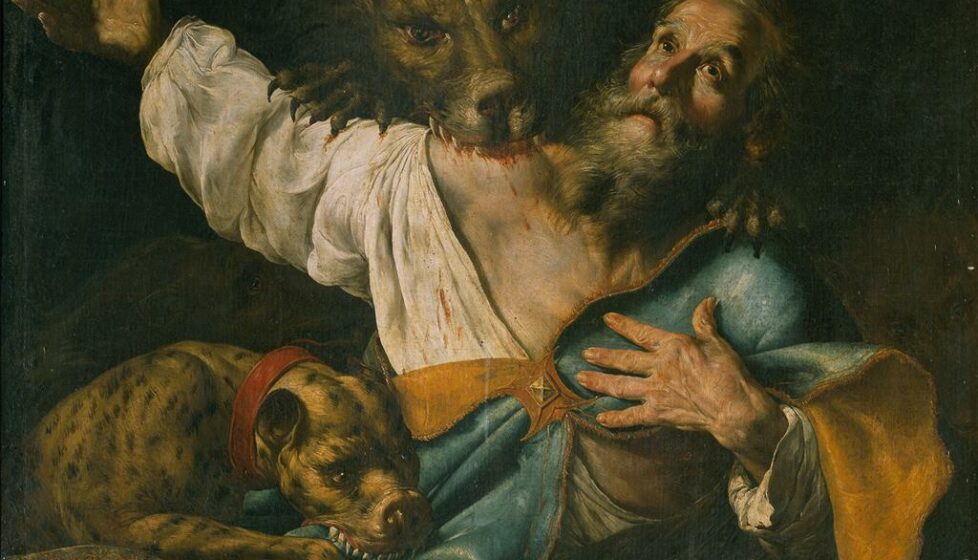Stories of Christian Martyrs: Hugh McKail
Scotland

He was young and brave, a Scotsman who believed that no
human, peasant or king, was head of Christ’s church, but
Christ alone. Hugh McKail said so in the last sermon he preached, on the Sunday before all Presbyterian Covenanters were deposed in favor of Charles II’s episcopacy. His words that day were food to the people but poison to the state. Young Pastor McKail fled to Europe and safety.
Virtually nothing is known of McKail’s birth and growing years.
After studying at the University of Edinburgh, he was ordained at the
age of twenty, only a year after Charles II had rejuvenated the monarchy
following Oliver Cromwell’s failed experiment in popular sovereignty.
McKail was a Scotsman. He could neither travel forever nor ignore
his calling to the Scottish church. Four years in hiding was enough. He
returned to Galloway to watch and wait. When his fellow Covenanters
took up swords and clubs against the British, he couldn’t be content sitting quietly at his hearth.

Whether McKail became a fighter is uncertain, but certainly he
knew the Covenanter captains and likely traveled with them. In November 1666 he was captured and tortured for information, which apparently he withheld despite a metal wedge being hammered into his leg,
shattering the bone.
A month later, on December 18, he was tried with other prisoners
and sentenced to be hanged. During the next four days he prepared for
death, composing an eloquent gallows farewell and asking his father,
who was with him for a last dinner on the night before the hanging, “I
desire it of you, as the best and last service you can do me, to go to your
chamber and pray earnestly to the Lord to be with me on that scaffold;
for how to carry there is my care, even that I may be strengthened to endure to the end.” Then he asked his father to leave him, or else he
would stir emotions that would deflect his purpose the next day.
At the gallows, McKail spoke at some length, begging the audience
to listen to his “few words,” as his years on earth were few as well. At
the end of his testimony and admonition to courage, he said:
And now I leave off to speak any more to creatures, and turn
my speech to thee, O Lord! And now I begin my intercourse
with God, which shall never be broken off. Farewell father
and mother, friends and relations; farewell the world and all
delights; farewell meat and drink; farewell sun, moon, and
stars. Welcome God and Father; welcome sweet Lord Jesus,
the Mediator of the new covenant; welcome blessed Spirit of
grace, and God of all consolation; welcome glory; welcome
eternal life; welcome death.
Then McKail climbed the ladder to the waiting rope and prayed for
some time before the executioner released him to gravity and Heaven.
It was said that Charles II had sent a letter of reprieve, which
Archbishop Burnet of Glasgow had hidden so that McKail and other
Covenanters would die. It was a dangerous decade to be a free-church
Christian in Scotland.
This story is an excerpt from Foxe: Voices of the Martyrs. You can get your own copy free with any donation to The Voice of the Martyrs.

